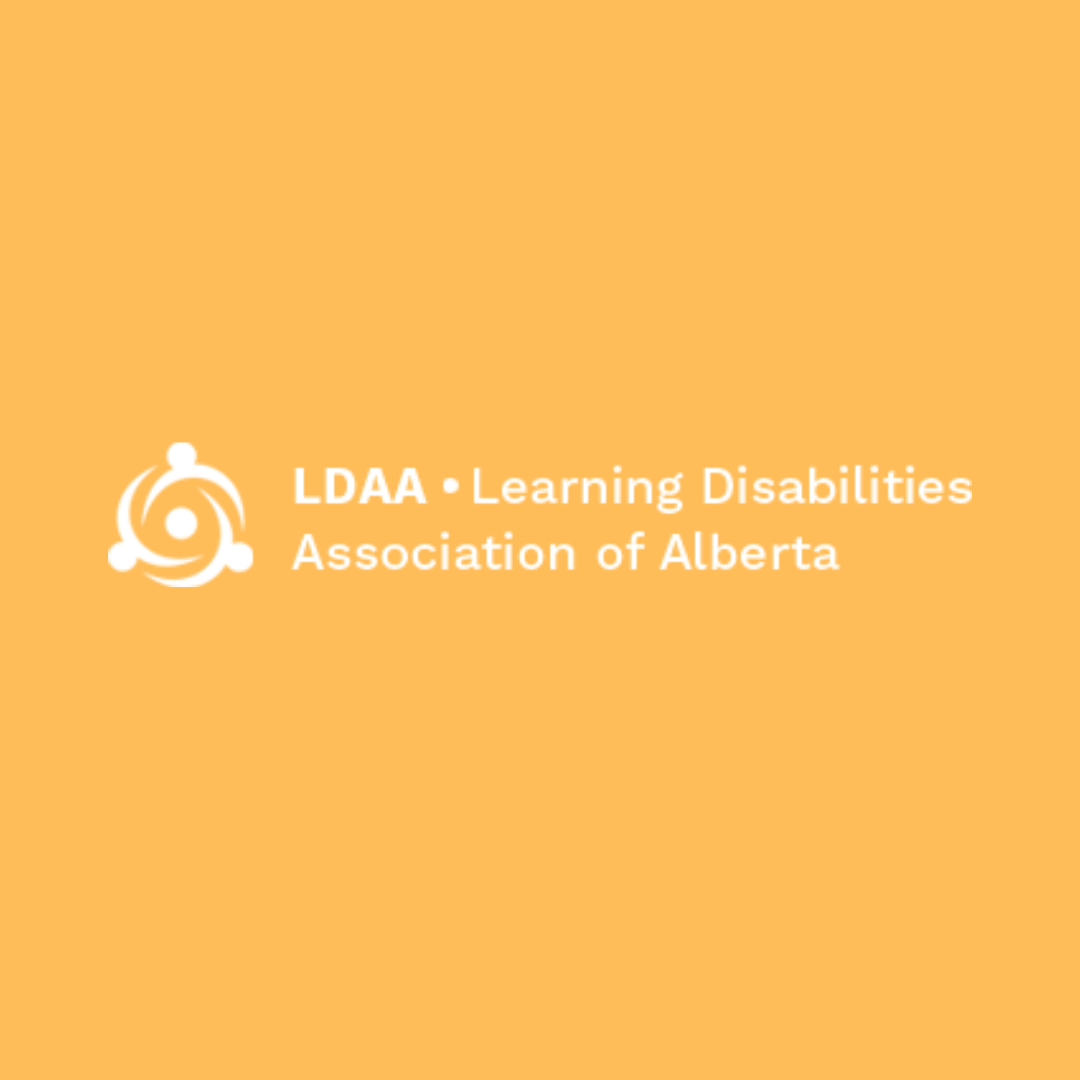Dyslexia Canada’s mission is to ensure that every child in Canada with dyslexia gets a fair and equitable education. However, we regularly have members of our community reach out asking for help in finding resources and strategies for adults with dyslexia. In this blog post, we share information and tools for anyone with dyslexia, no matter their age.
Dyslexia diagnosis
In Canada, dyslexia can only be diagnosed by a psychologist. Usually, getting a diagnosis privately from a psychologist costs between $2,000 to $5,000. If your employer offers an extended health care program, they usually can cover a portion of this cost. If you’re in university, you can contact the disability services for more information.
Although a family doctor cannot give a formal diagnosis, they should be able to provide you with more information and refer you to a psychologist.
Why get a diagnosis as an adult?
Employers are legally obligated to recognize your disability if you have a diagnosis from a professional. Once your employer is aware of your diagnosis, they will need to provide you with suitable accommodations and/or modifications in your workplace.
Dyslexia support for work and home
Throughout life, there are times when you can benefit from the advice and guidance of someone who understands your needs. Dyslexia Canada’s support program, Dyslexia Compass, allows the opportunity for connection and support in your post-secondary education and career.
Tutoring and help with reading
Adults with dyslexia can seek out specific programs or tutors to help with their dyslexia and reading. One-on-one tutoring with a trained professional will be most effective.
Tools and technology
There are many free programs and software available from word pressors and fonts to audiobooks and scanner pens.
Financial resources
Adults with dyslexia are able to receive financial assistance through medical expenses and the Disability Tax Credit. Find out more below.
Medical expenses
Eligible medical expenses can be claimed on your taxes as non-refundable tax credits. These are used to reduce the amount of tax payable. Here is a full list of eligible medical expenses.
A few that you may find applicable are:
a) Tutoring costs
Providing certain conditions are met, tutoring costs can be claimed as a medical expense on your taxes. To claim tutoring fees you need receipts and a written letter from a medical practitioner to certify that the service is required.
b) Reading services
Reading services used by a person with a severe learning disability may be eligible. Similar to tutoring costs, a written letter from a medical practitioner is required.
Acceptable medical professionals include psychologists, speech pathologists, audiologists, etc.
c) Devices or software
If you purchase software such as text to speech software, or devices such as scanning pens or laptops, you may be able to claim these. The device must be used by a person with a severe disability to read print. A prescription is needed to claim these expenses. Contact your medical professional to inquire about a prescription.
For detailed information, including videos, on how to claim medical expenses on your taxes see the Canadian Revenue Agency website here.
Disability Tax Credit
The Disability Tax Credit provides a tax break for adults who can work, and for caregivers who look after somebody with a disability. The Disability Tax Credit can be claimed retroactively for the last 10 years. A learning disability such as dyslexia may be eligible for the Disability Tax Credit. However, most applications to date by parents we have heard from have been unsuccessful.
To qualify for the Disability Tax Credit, the individual must have a disability that markedly restricts them, all or almost all of the time, in one or more of the basic activities of daily living, as set out on form T2201. The application must be completed by a medical professional and must provide detailed information on how the disability restricts daily living.
It is very important to know that academic achievement is not relevant. For example, indicating that a student in grade 8 is reading at a grade 3 level, will NOT satisfy the requirements. What must be demonstrated is that daily activities such as reading street signs, understanding written instructions, reading pill bottles, following a recipe, are present. View the criteria for eligibility for The Disability Tax Credit here.
For help in understanding the Disability Tax Credit and how to apply, Dyslexia Canada and the Disability Alliance BC have partnered to develop a resource for parents. See our webinar and accompanying PowerPoint slides below. These resources provide examples of how to fill out the form.
The Disability Alliance also provides a hotline that parents can call to receive information and advice on the application process. If you have a new diagnosis, you are able to go back to previous years during your application form to claim previous years.
For more information, you can visit the Learning Disabilities Association of Canada’s Fact Sheet. You can also, visit the website of the Learning Disabilities Association of Canada to review the documentation necessary to submit a claim.
You can apply for the Disability Tax Credit here.
Assistance for students
Guides
The Transition Resource Guide, created by the Regional Assessment and Resource Centre, provides accurate and comprehensive assessments and follow-up services to post-secondary students with dyslexia for students at Queen’s University and St. Lawrence College in Kingston, Ontario and at other institutions across south-eastern Ontario.
The National Educational Association of Disabled Students (NEADS) has a directory of all disability offices in all colleges and universities across Canada. Take a look here.
Scholarships and financial support
disabilityawards.ca is a website created to help post-secondary students search hundreds of scholarships available across Canada specifically for students with disabilities. The website has been created by NEADS.
NEADS also has funding and scholarship programs available for students going through the high school transition. Learn more here.
Organizations that help adults with dyslexia
If you’re looking for more resources and strategies for adults with dyslexia, the following organizations may be of assistance to you:
The Learning Disabilities Association of Newfoundland and Labrador
The Learning Disabilities Association of Newfoundland offers tutoring for free to adults using Barton. Adults classify as anyone no longer in school, so for example this includes highschool aged people who have left school.
Other organizations
Have a question? Email info@dyslexiacanada.org.






